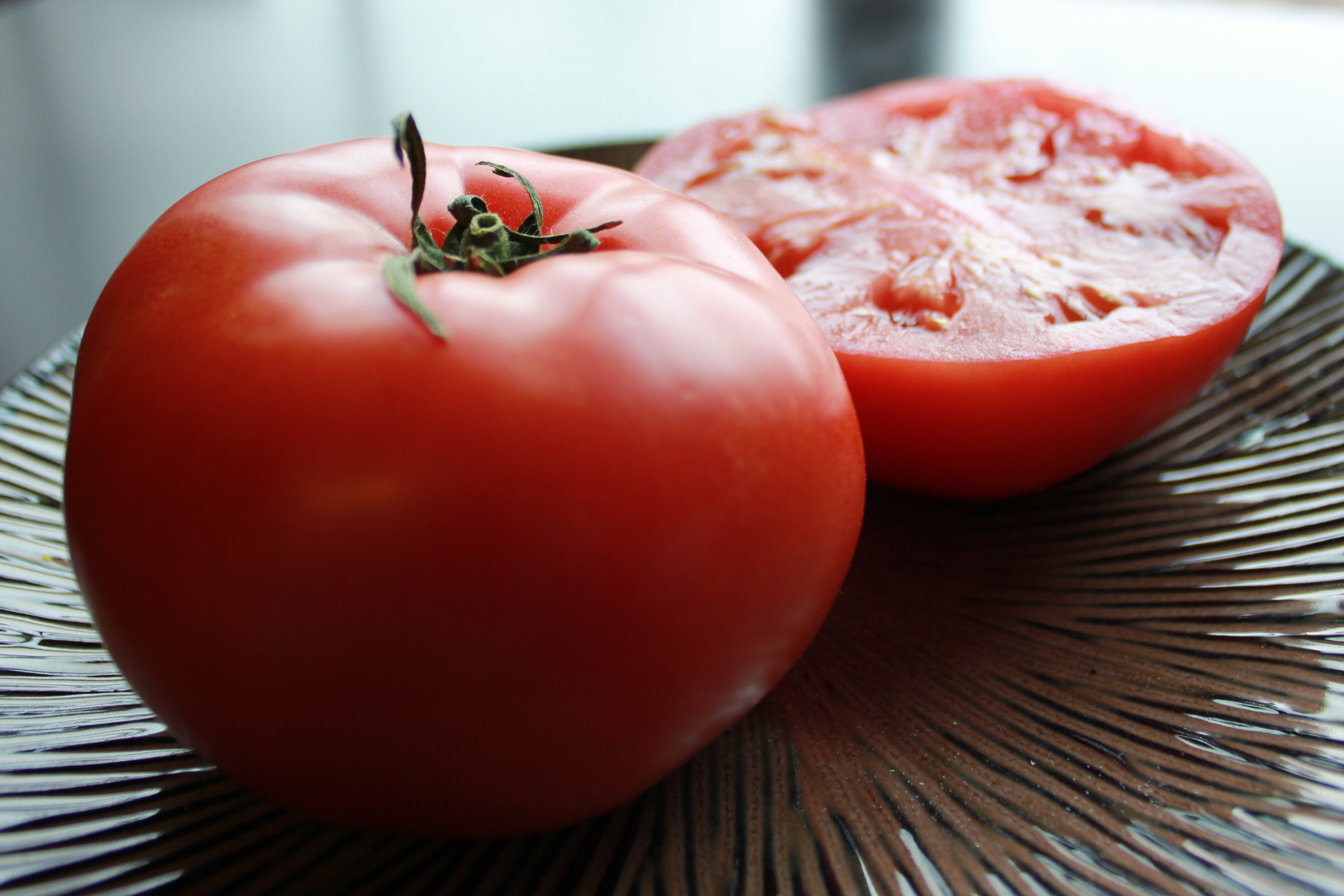
WEDNESDAY, Feb. 10 (HealthDay News) — Depression and a family history of alcoholism may play a role in how much of a sweet tooth a child has, new research suggests.
“We know that sweet taste is rewarding to all kids and makes them feel good. In addition, certain groups of children may be especially attracted to intense sweetness due to their underlying biology,” study author Julie A. Mennella, a developmental psychobiologist at the Monell Chemical Senses Center in Philadelphia, said in a news release from the center.
The new study included 300 children, aged 5 to 12, who were given tastes of five amounts of table sugar (sucrose) in water to determine their most preferred level of sweetness. The children were asked about the presence of depressive symptoms, and their mothers provided information on family alcohol use. About one-quarter of the children had depressive symptoms and 49 percent had a family history of alcoholism.
A liking for intense sweetness was greatest in the 37 children with both depressive symptoms and a family history of alcoholism, the researchers found. Among these children, their most preferred level of sweetness was 24 percent sucrose, equivalent to about 14 teaspoons of sugar in a cup of water and more than twice the sweetness of typical cola. This level of sweetness is one-third more intense than the 18 percent sucrose preferred by the other children.
It’s known that sweet taste and alcohol activate many of the same reward circuits in the brain. But Mennella said the study findings don’t necessarily mean there’s a link between a child’s sweet preferences and the risk of alcoholism later in life.
“At this point, we don’t know whether this higher ‘bliss point’ for sweets is a marker for later alcohol use,” she said.
The study results were published online Feb. 9 in the journal Addiction.
More information
The Nemours Foundation offers advice about healthy snacks for kids.

